Let’s Talk About Race: Unpacking My Privileges
Privilege is something I didn’t realize until I had a chance to empathize with others. Illustration by Betty Lee.
March 27, 2022
When you hear someone described as “privileged,” who pops into your mind? Is it the insanely-rich Samsung group family, the Trumps, or the Kardashians? Or maybe it’s a character you’ve seen on-screen, like Cher from Clueless, Nick Young from Crazy Rich Asians, or Young-Joon from the K-drama What’s wrong with Secretary Kim.
I thought the same, until I found out privilege is something far more common. And it stretches further into our lives than your parents’ guilt-trip to get you to eat your vegetables: “You know, children in some countries, they can’t even eat broccoli.” I bear so many privileges that I didn’t realize up until recently; let me share a couple of them.
1. I can come back and learn from my mistakes.
Like any other person on Earth, I messed up as a kid. I had so many embarrassing moments where I just wanted to dig a deep hole and hide in there forever. And while I’m mortified about each of those moments, I also know they were necessary in my growth. After all, isn’t teenage life all about messing up and doing stupid things that you may regret later on?
Well, even this–the ability to mess up–is a privilege.
Let’s say I missed a deadline on an assignment, and like an immature teenager I am, I lied about it. Now, I don’t mean to say lying is good, or you should do it at all. But if I lied and the teacher found out, I would expect the teacher to say: “What you did was wrong. Here’s why it’s wrong.” I wouldn’t expect them to go: I knew you would lie to me. There’s a clear difference.
Young Black students are often thought of as ‘trouble,’ often having their share of screw-ups being considered something inherent by their teachers. What’s more, even black preschoolers are far more likely to be suspended or expelled than their white counterparts. Yep, I said preschoolers. Literal, naive toddlers and children, who have no experience in life whatsoever, are labeled as inherently troubled.
I wouldn’t be able to relate to this personally, but if I were, I would be wary of trying anything, because the more I try, it’s more likely that I fail, and the more consequences I’d have to face. By living with this privilege, I am benefitting from the system that encourages me to try countlessly even if I fail, while discouraging others from doing the same.
2. I have a country I can call ‘home.’
When I lived in Canada for 2 years, the questions I encountered the most were: “Where are you from?” and “How do you speak English so well?”. But I didn’t think much of it, because these questions actually applied to me. I am from Korea. Oh why, thank you. I’ve learned English since I was very little. That’s interesting!
What I didn’t realize was how often my Korean-Canadian friendsㅡborn and raised in Canada their entire livesㅡ also encountered that question, and how they were being denied their nationality and culture. Similarly, my Black Canadian friends didn’t get to learn about Black contributions to Canadian history in their classes. More importantly, no one learned how they were removed from the history of their own nation.
From my childhood, I’ve read books in Korean; I’ve seen people in black-and-white photos who look like me, whom my teachers call our ancestors; I feel a strong connection to a sturdy root called ‘Korea,’ and I feel confident that I also am Korean.
I have a list of brave role models who stood up against adversity whom I can connect to because I am Korean. And based on these roots, I feel that I am safely a part of a large group of roughly 52 million people.
I’m Korean. I can say that out loud, and proudly so–even that’s a privilege.
I know these are just a few of the millions of privileges I bear. I get a well-rounded education; I have ample access to clean water, whole foods, and other necessities of life; I don’t have to worry about my family being separated by war; the list goes on and on.
What I wanted to say, though, was that privilege isn’t only present between me and someone else on the other side of the world; it’s also present between me and someone else sitting right next to me. And by understanding these privileges alone, we can grow empathy for so many more.
If you would like to share your own experience with privilege, please feel free to sign this form here: https://docs.google.com/forms/d/e/1FAIpQLSfvSgmrpOXIzhwB9tCBdXC07WqRPmd2uGUdQR7HAr_Yc5X9uw/viewform?usp=sf_link



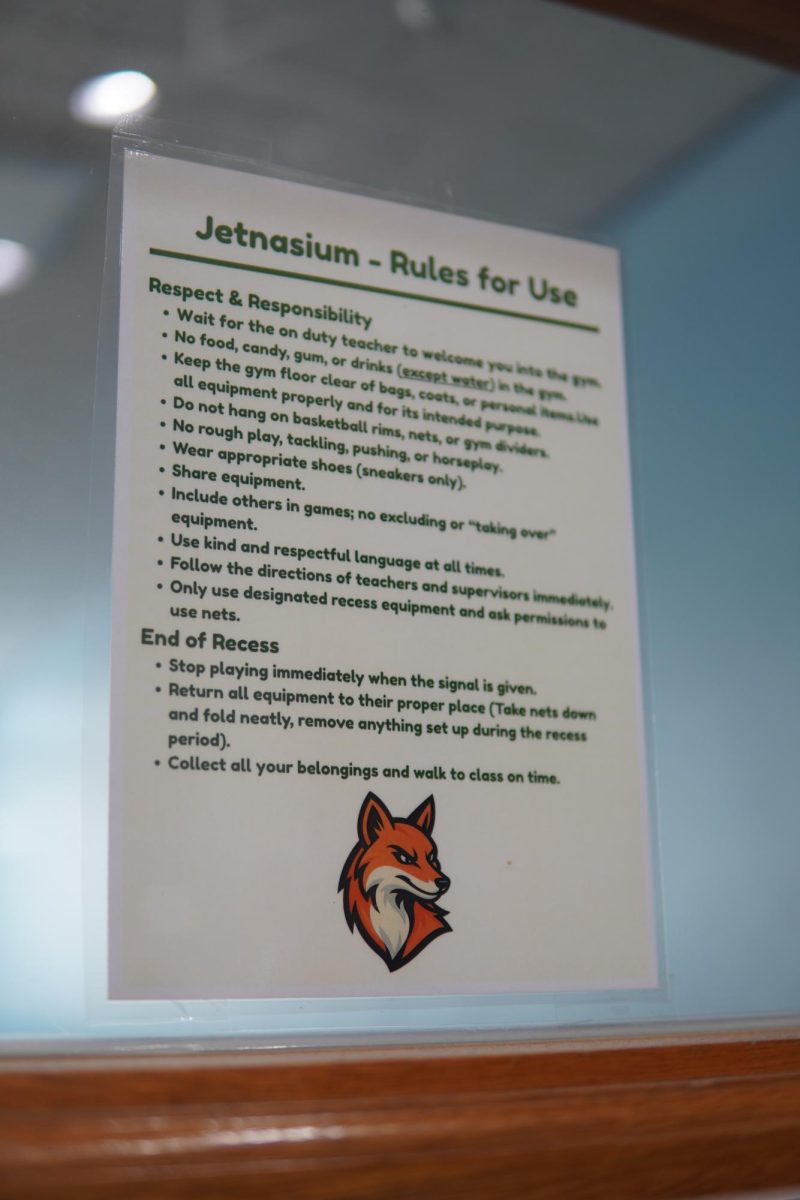
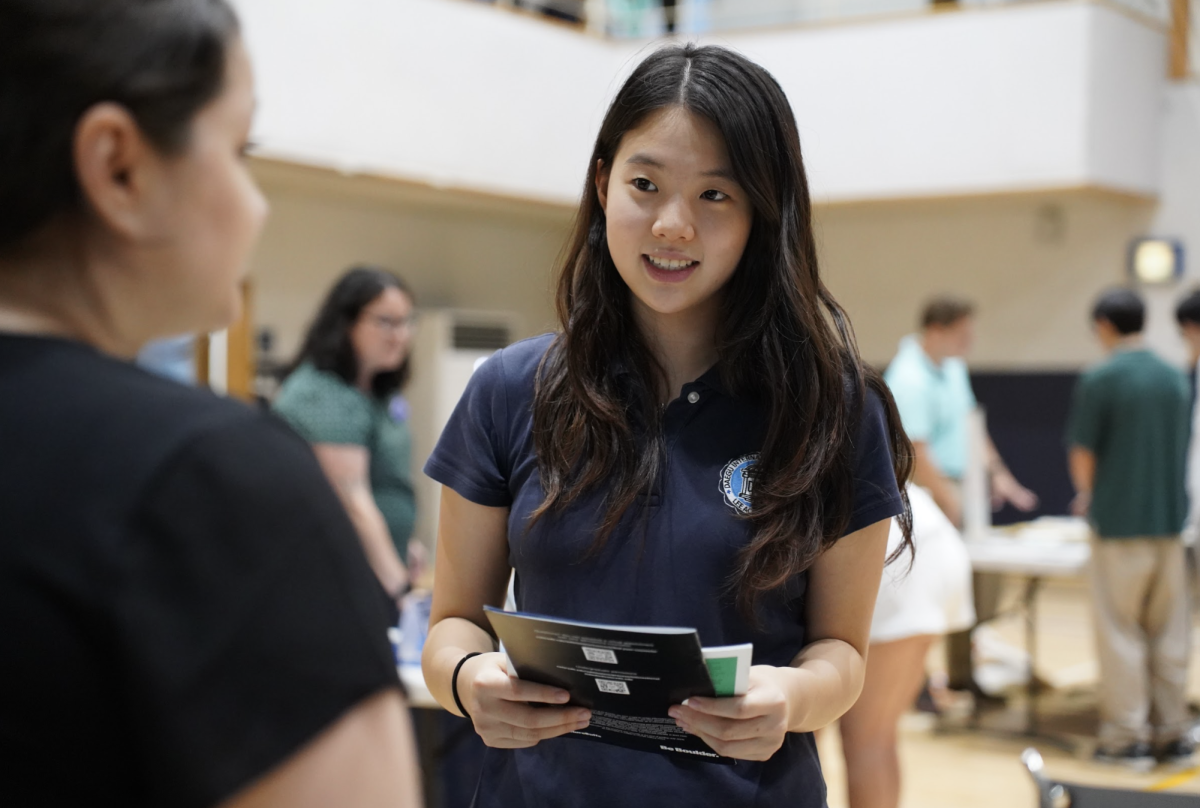
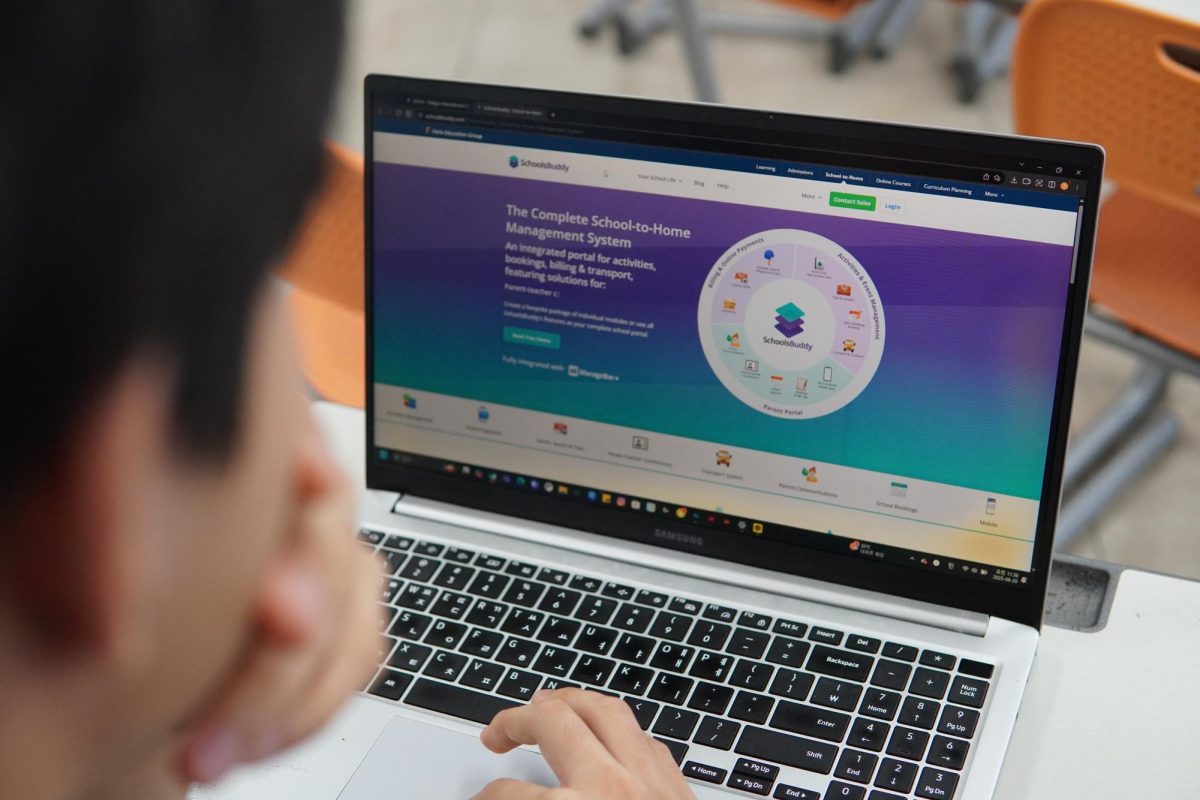
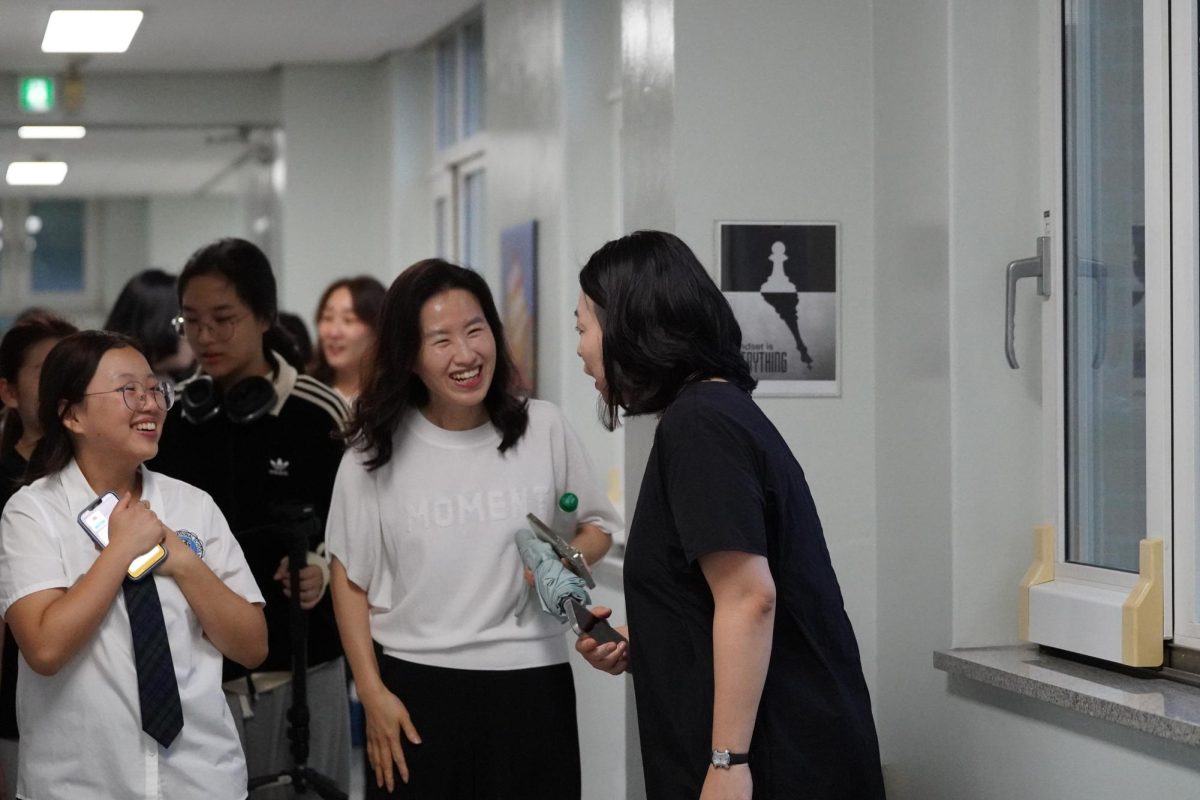







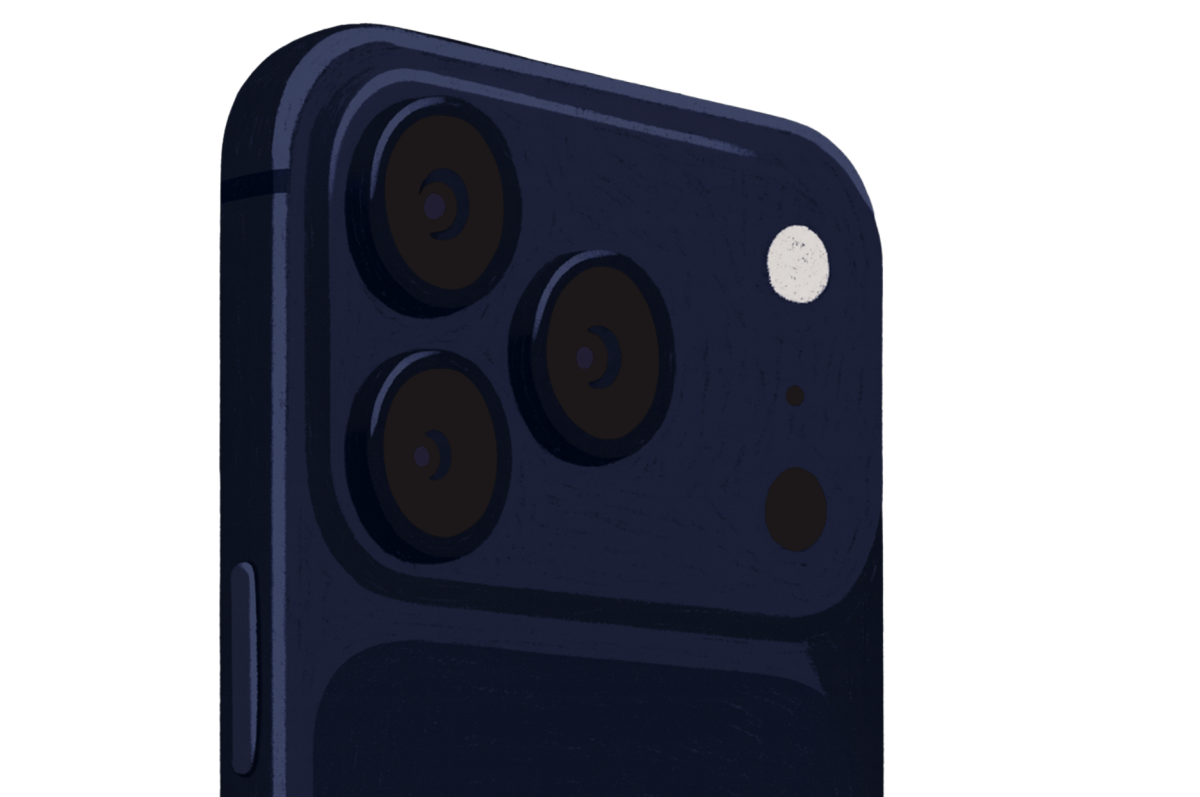
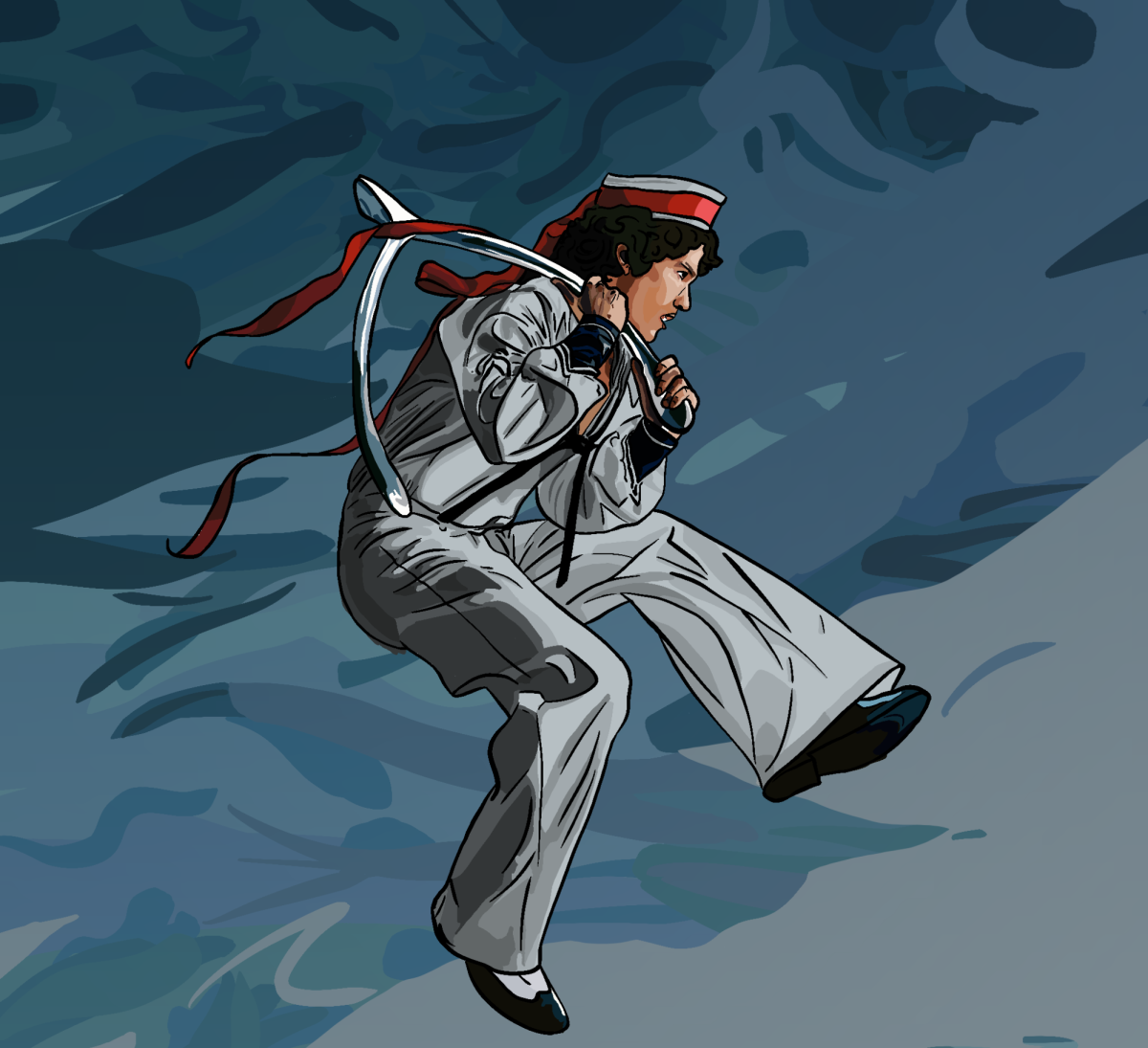
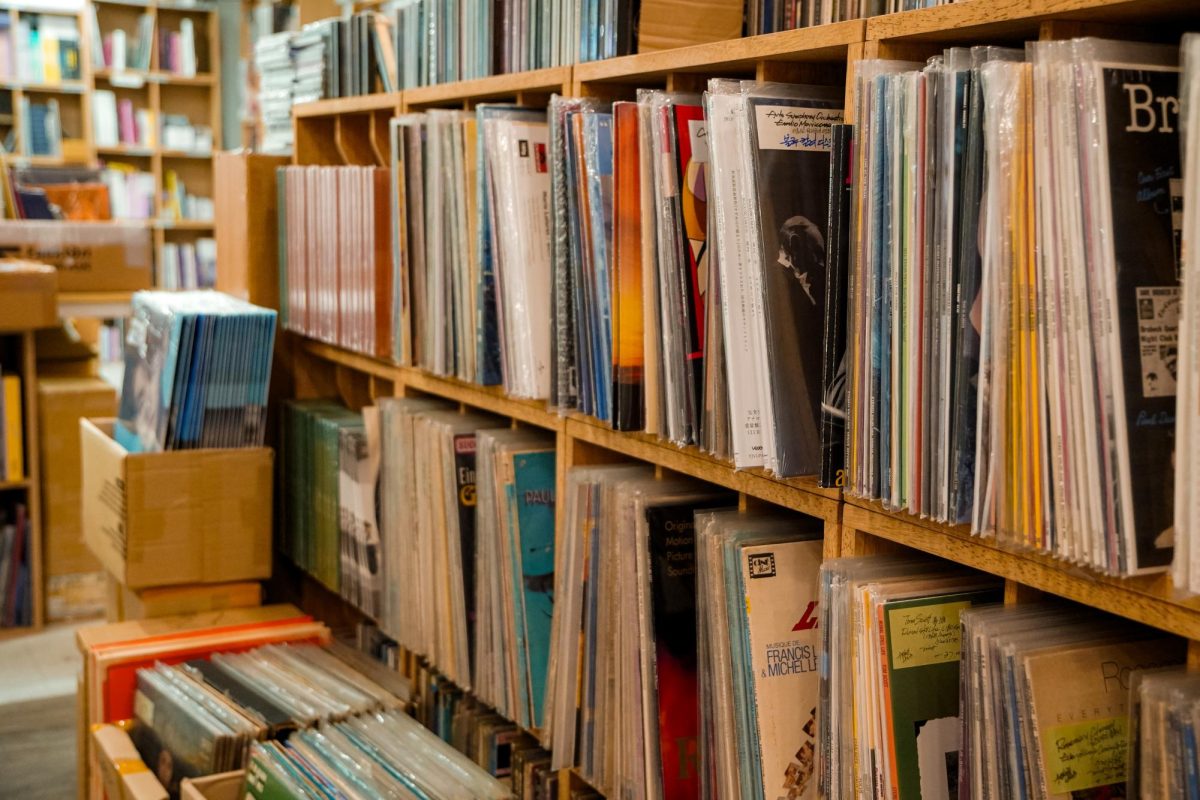
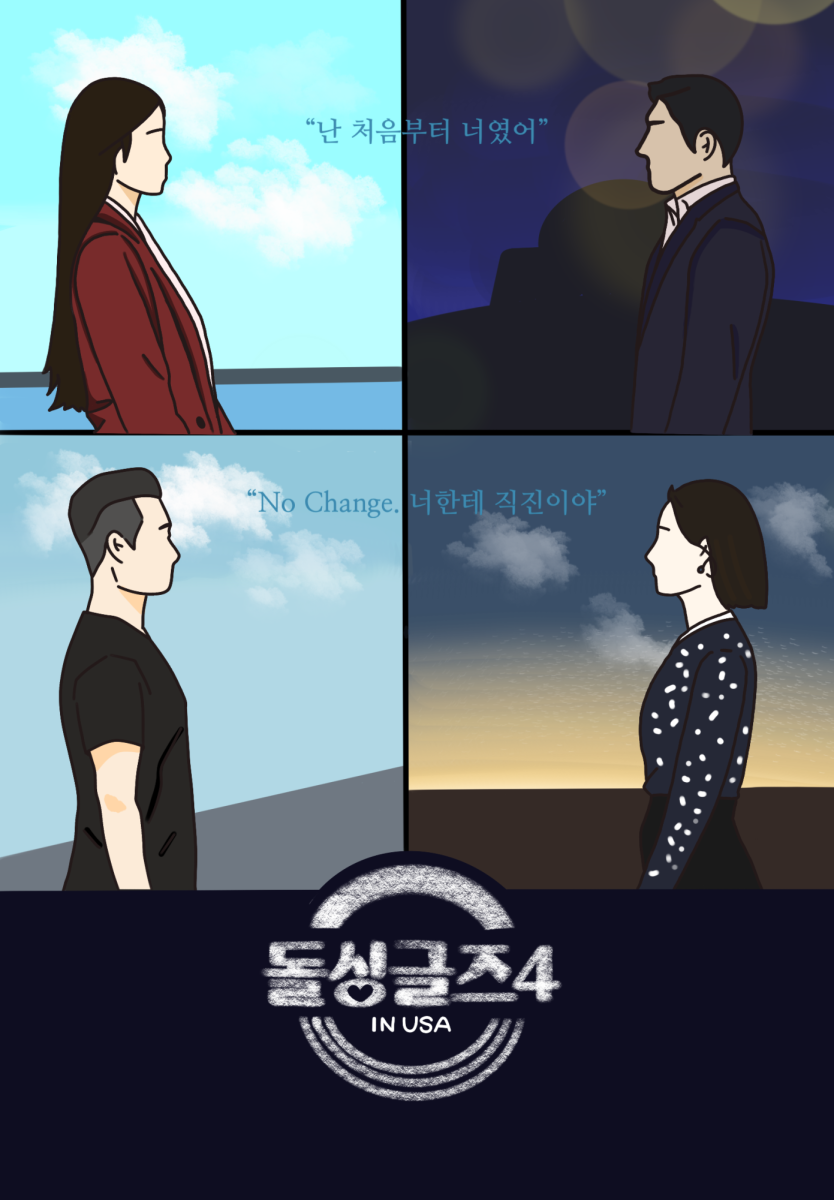
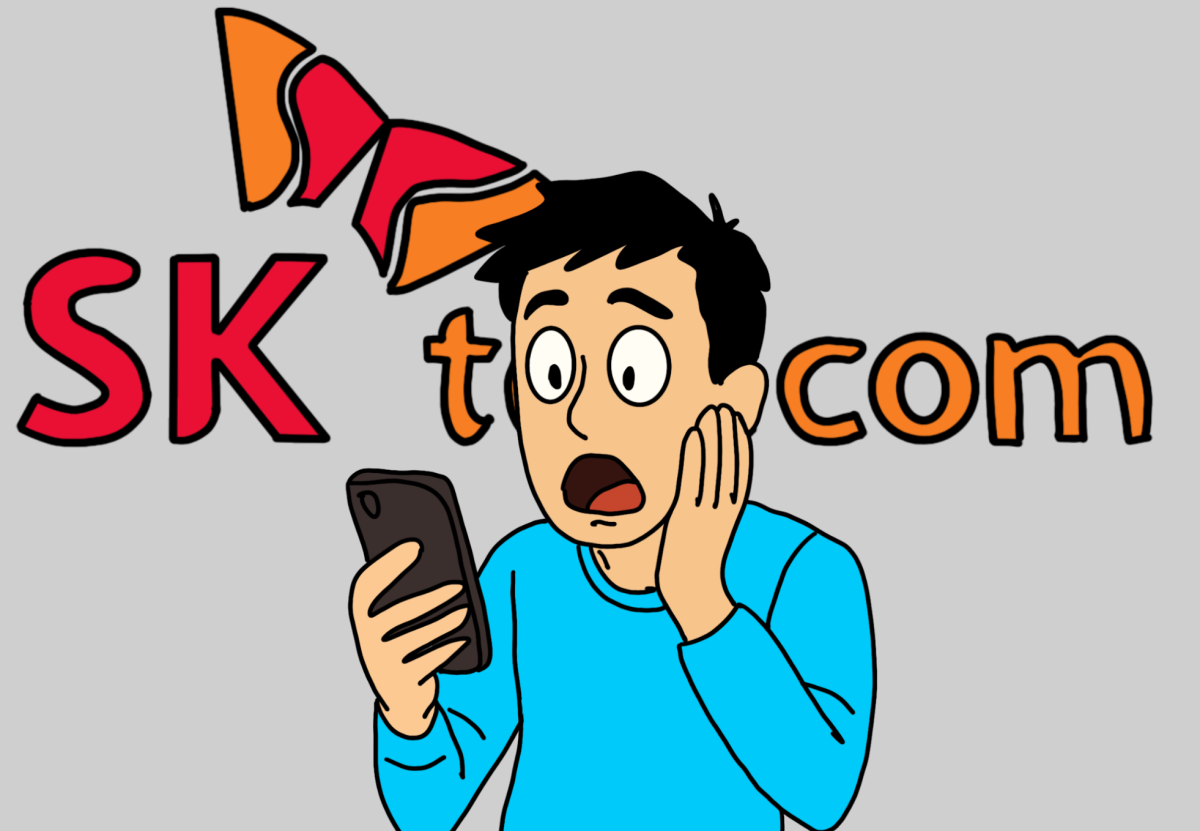





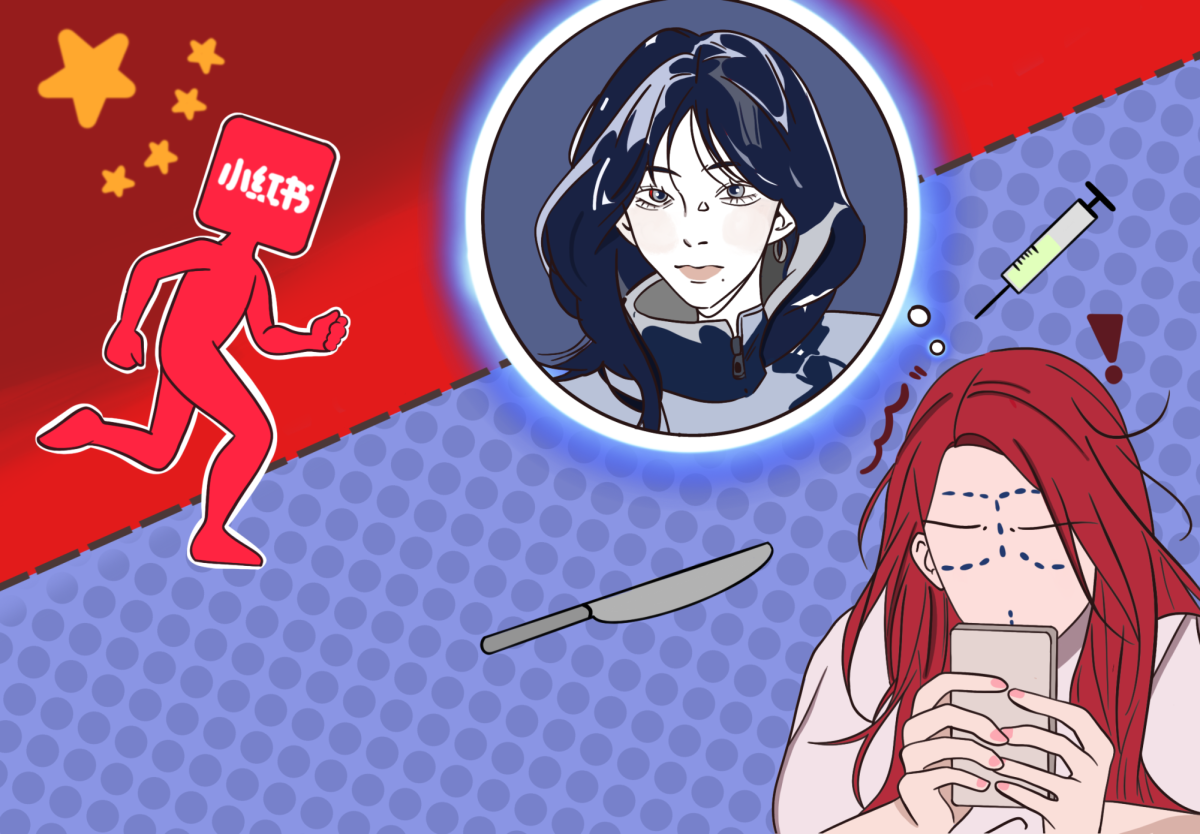








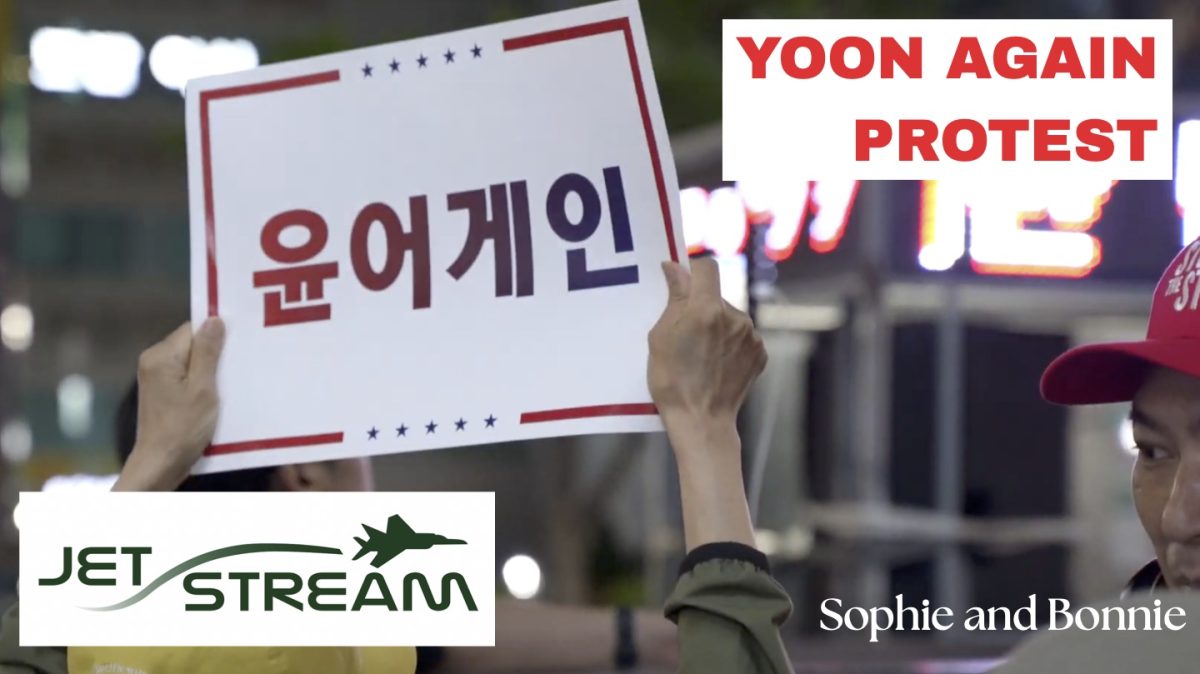




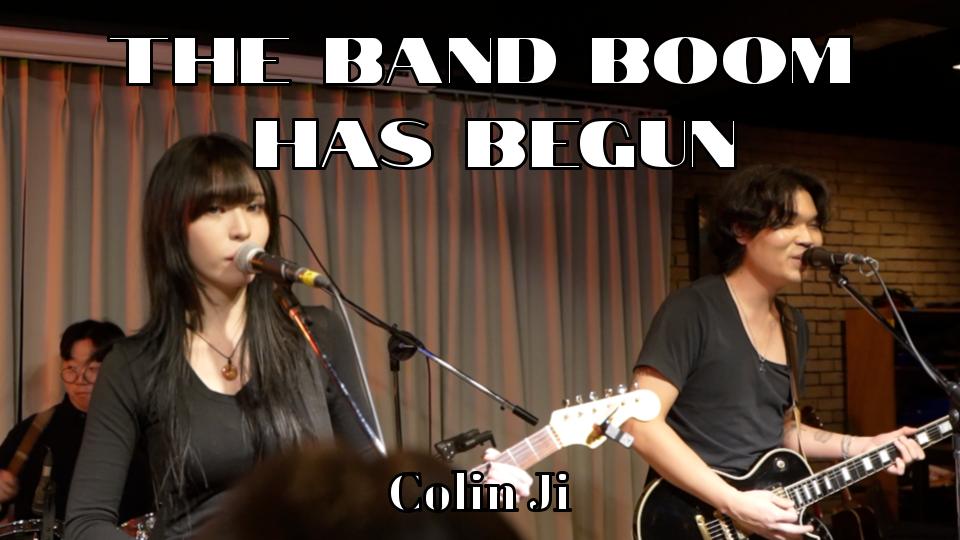
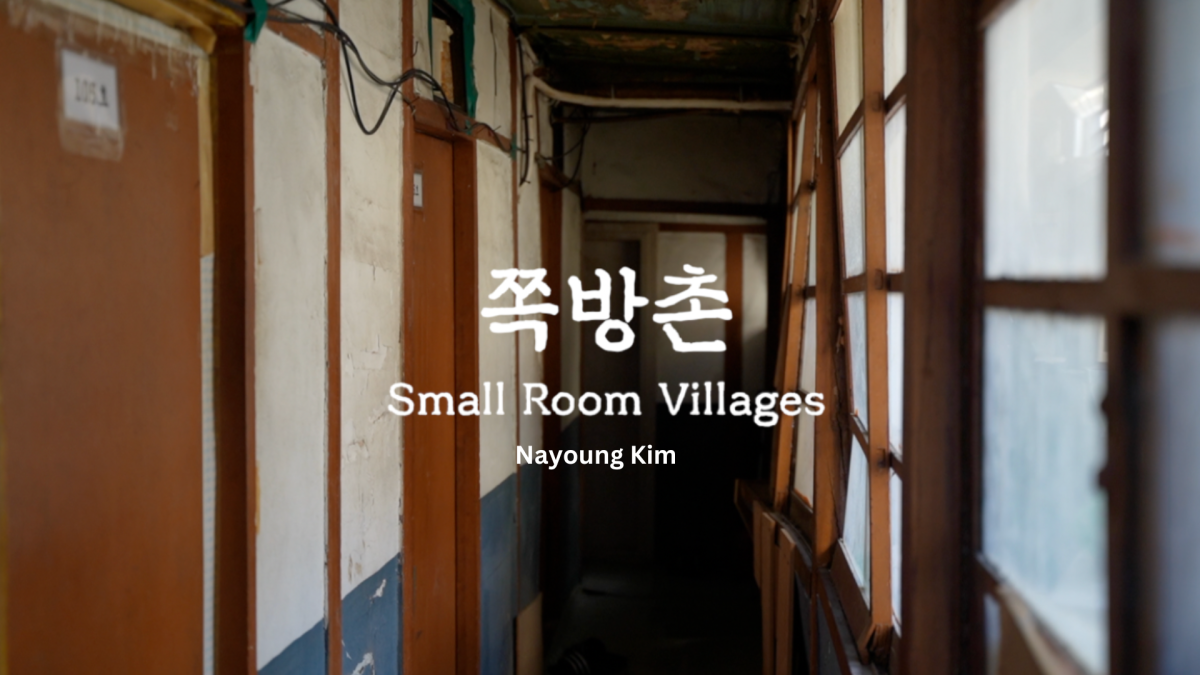






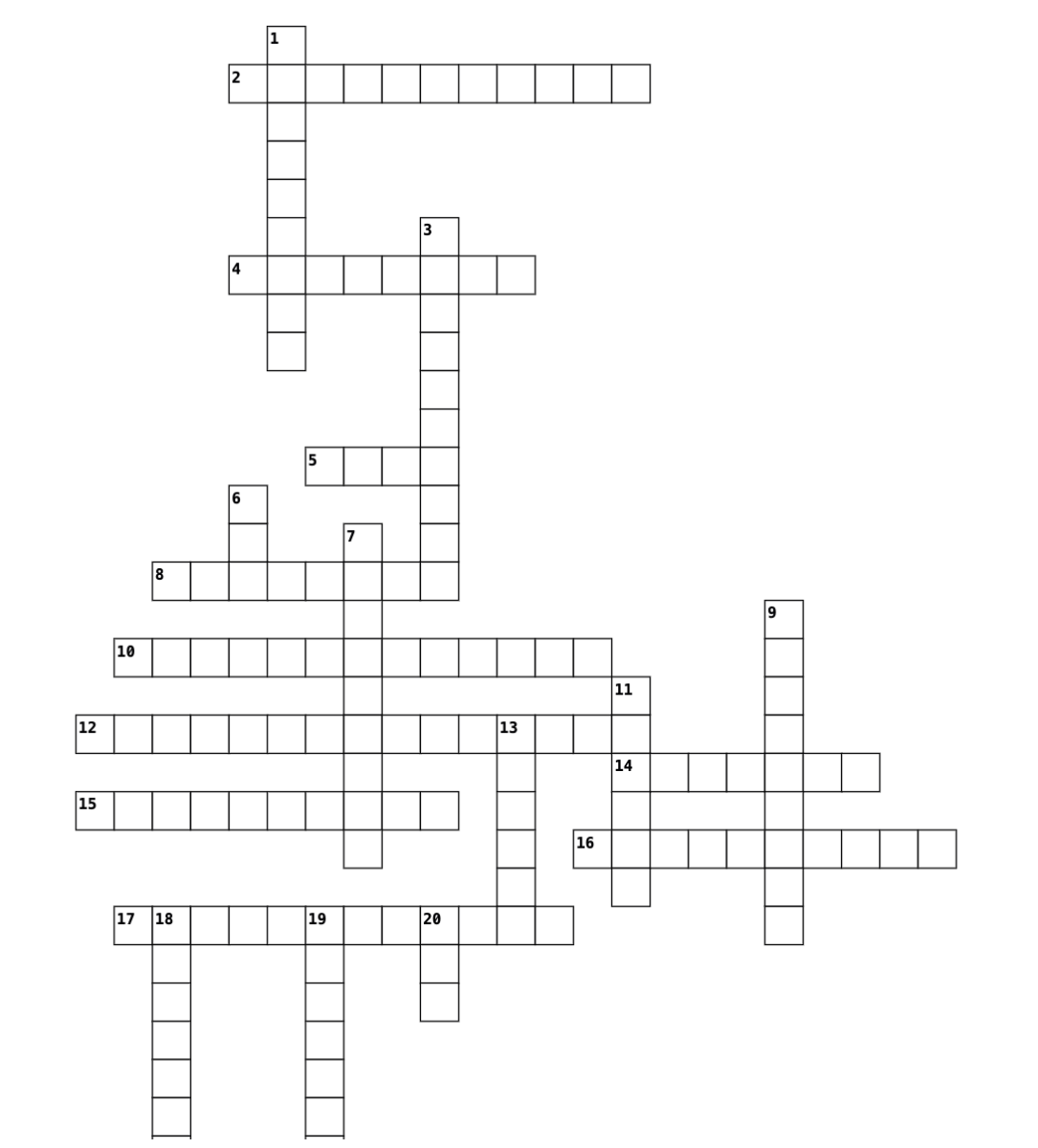
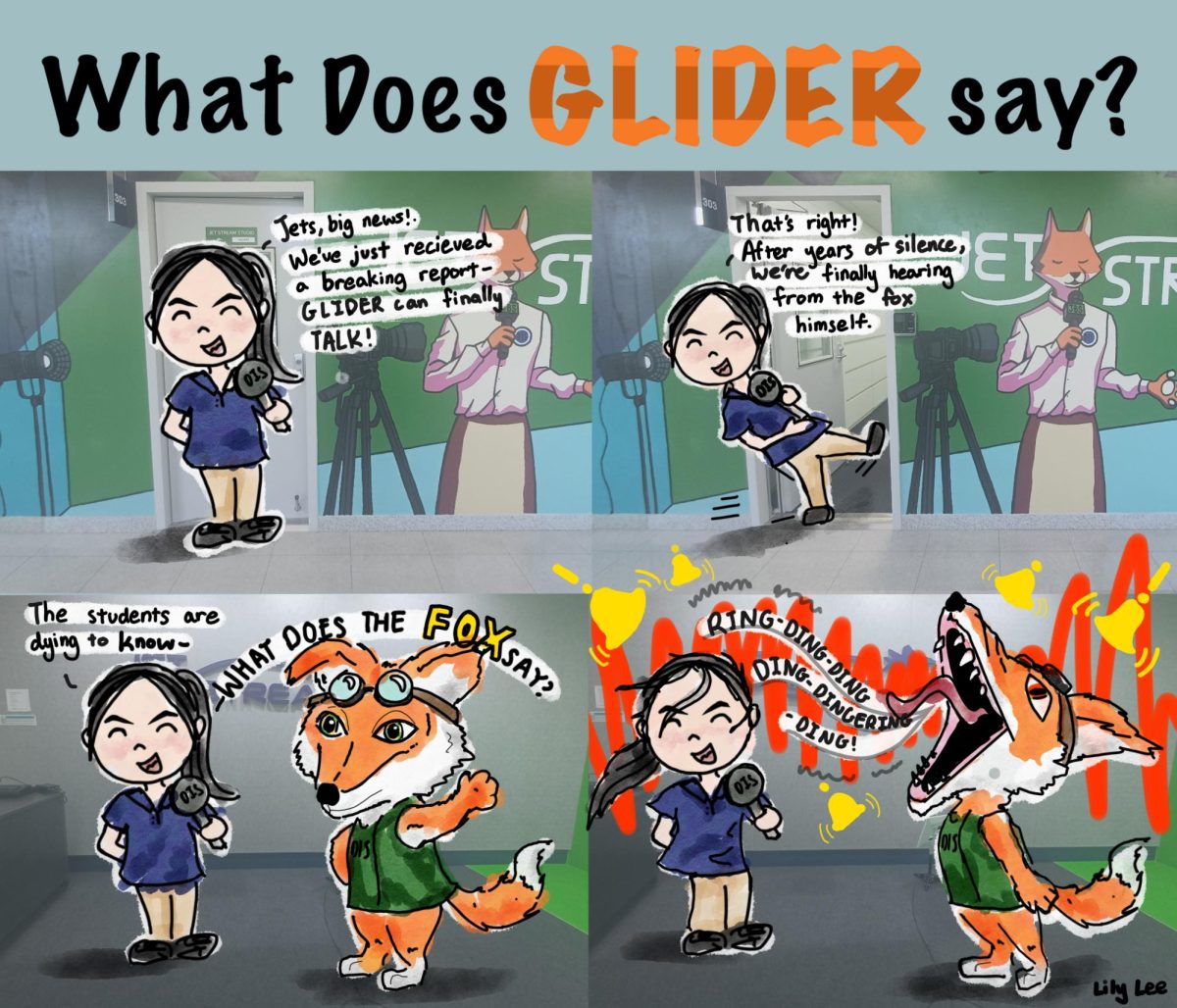
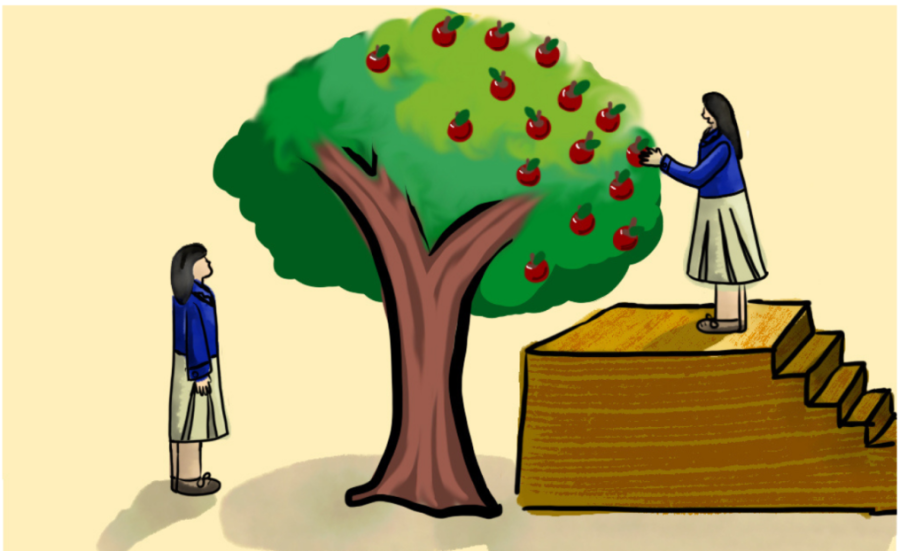


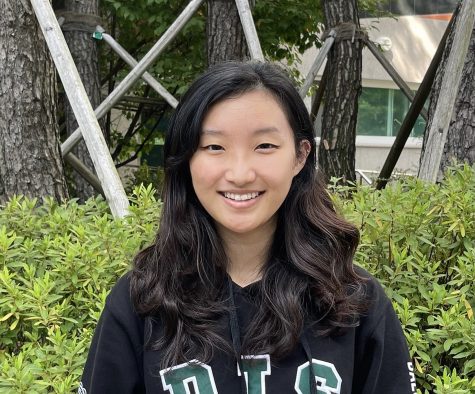
Jessica Woo • Apr 19, 2022 at 7:50 am
yessssssssssss bettyyyyyy our leaderrrrrrr woohoooooooo
Selina S • Mar 28, 2022 at 1:46 am
I had never thought about the “privilege” to be able to make mistakes until now.
When I first read the sentence, I thought about how different people can make the same mistakes but the consequences are different.
There were many incidents where even if a white and black person did the same thing, they would get different sentences.
Also, a rich kid might be able to skip classes when another “poor” kid might be severely punished and demeaned by a simple mistake like sleeping during class.
Even now, these “unconscious” biases and “privileges” are applied and it is truly important for us to look out for these ourselves.